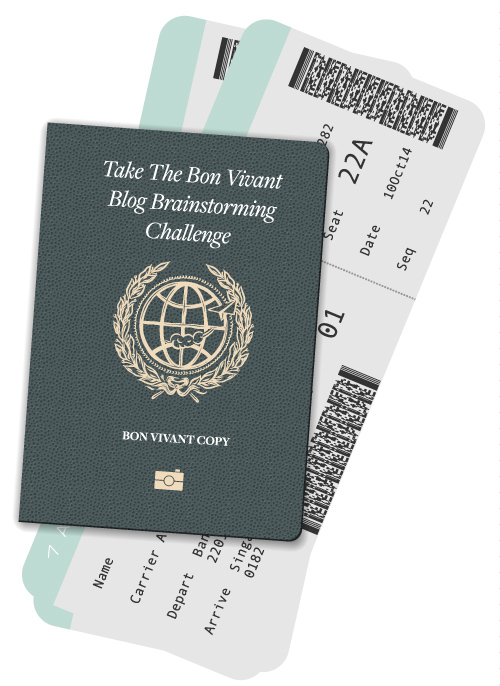Time to don your trench coat and fish out your magnifying glass (you still have one of those, right?) — I have a super secret spy mission for you.
And if you uncover the right clues, your travel business is gonna grow, big time.
Here’s why: One of the best ways to develop magnetic messaging for your travel business is by doing a little detective work. Sniff out the trail and then “steal” insights from the very sources your target market already connects with, to use in your own marketing.
I’m not talking about copying and pasting other people’s work and passing it off as you own, by the way. (As a copywriter, I consider plagiarism the 8th cardinal sin).
Nope. You can spy, swipe, and steal *legally* to hone your own client messaging. Here’s the best way to do it:
Spy on the competition.
You don’t have to get Watergate levels of sneaky here (again, we’re focusing on legal strategies!), but doing a competitive audit of the travel advisors you admire and who share your niche will provide clarity on what you should include in your own copy.
How to Do a Competitive Audit
For a competitive audit, choose three to five of your competitors and cruise on over to the home pages of their websites. After surveying the home pages, take note of the following things:
What services and benefits does nearly every competitor include on their home page?
If certain benefits are being highlighted consistently, you can assume that your target market will expect to see those same benefits on your own site — so be sure to include them.
For example, if your niche is river cruises and your main competitors spend a lot of space talking about the intimacy of river cruising — thanks to the ships’ small sizes — you can conclude that the desire for an intimate vacation is a big reason your target market gravitates toward river cruising. Try leading with that on your own home page, in social media posts and ads, and in your own newsletters!
What services and benefits do you provide that you don’t see on your competitors’ websites?
Those are your differentiators — and you’ll definitely want to include those on your site to set yourself apart from the pack.
Let’s say, for example, you specialize in villa rentals in Tuscany. You don’t see many of your competitors offering concierge services, like arranging for baby sisters or personal chefs to swing by the villa. If this is something you do offer, make sure you call that out on your site — and explain how these services enhance a villa vacation.
Researching these two things through a competitive audit guarantees that your messaging across all of your copy and content resonates with your ideal clients.
There are, however, two caveats:
1) This isn’t going to work if you’re doing a competitive audit of an unsuccessful travel advisor. In fact, that’ll just show you what not to do. So look for signs that the travel advisors you want to spy on are running successful businesses — things like having lots of testimonials, lots of followers on social media, a well-designed and well-written website (proof they have money to invest in their own marketing), they charge sizable service fees, etc.
And …
2) Again, you’re NOT copying and pasting any messaging from your competitors’ sites! Feel free to include phrases and vocabulary you really like, but you want to put your own spin on it. Otherwise, why would anyone choose to work with you, specifically, if your marketing looks and sounds like someone else’s? Someone who probably already has greater visibility than you, to boot? Remember, even if you offer the exact same services as your competitor, there are a number of important ways you should be differentiating yourself — like through your story, your personality, and your experience.
Phew! Ready to start spying now? It’s time to get your James Bond on!
Let me know in the comments if your sleuthing leads to any marketing “aha” moments.

[…] few weeks ago, I told you why savvy travel advisors should also be really good spies. Essentially, you should be “spying” on your competitors’ websites to help inform what your […]